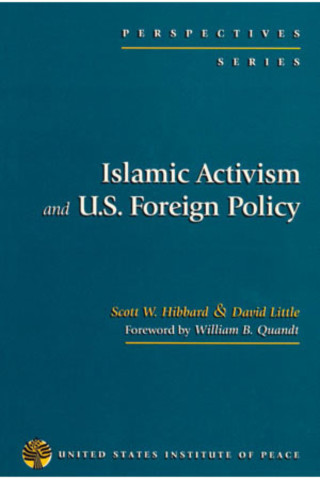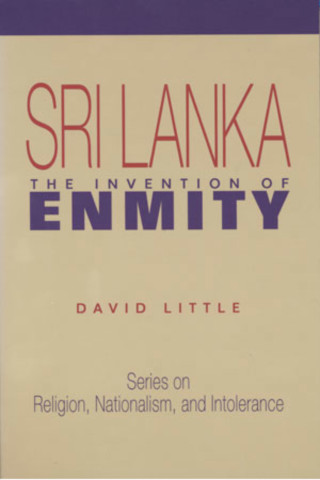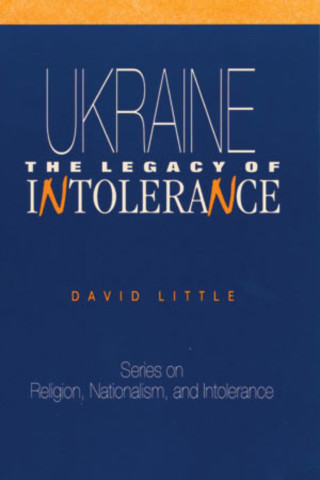David Little
David Little, a research fellow at Georgetown University’s Berkley Center, is a leading authority on the history of religious freedom, ethics and human rights, and religion and conflict resolution. Little retired in 2009 as T.J. Dermot Dunphy Professor of the Practice in Religion, Ethnicity, and International Conflict at Harvard Divinity School and as an associate at the Weatherhead Center for International Affairs at Harvard University. Until summer 1999, he was senior scholar in religion, ethics, and human rights at the United States Institute of Peace (USIP). From 1996 to 1998, he was member of the Advisory Committee to the State Department on Religious Freedom Abroad. Little’s publications include several volumes in the USIP series on religion, nationalism, and intolerance, as well as Religion and Nationalism in Iraq: A Comparative Perspective (2007, with Donald K. Swearer), and Peacemakers in Action: Profiles of Religion in Conflict Resolution (2007). Little was also a part of the Christianity and Freedom Project headed by the Berkley Center's Religious Freedom Project.
Author's Books
For many in the West, political violence in Algeria, the Middle East, and elsewhere has come to symbolize the threat of “Islamic activism.” Terrorist attacks such as the bombing on the World Trade Towers have solidified this view. Western governments, however, must deal with the challenge of extremism in the broader context of their relations with diverse states with contrasting histories, geographies, and peoples.
To assess this challenge, the Institute brought together a distinguished group of policy analysts, practitioners, and scholars for a series of frank discussions. The sessions analyzed the nature of Islamic activism – including moderate political parties and militant extremists – and the options for policymakers to mitigate violence in a range of cases.
The main problem for the United States, participants concluded, is how to confront militant extremism while recognizing the importance of religious identity and the legitimate need in many countries for social and political reform. A foreword by William B. Quandt, Middle East expert and former National Security Council staff member, spells out how policymakers can respond most effectively to the challenge of Islamic activism.
For over two millennia, the Buddhists and Hindus of Sri Lanka (formerly Ceylon) lived together in relative peace. But in the twentieth century, this small island republic off the coast of India has been wracked by recurrent violence and ethnic tension.
Especially since independence in 1948, the majority Sinhalese population, predominantly Buddhist, and the Tamil minority, mainly Hindu and some Muslims, have competed fiercely over questions of rate, language, religion, and political control. Several revisions of the constitution have failed to resolve these issues, and the post-independence period has witnessed horrific riots, guerrilla movements on both sides, and pro-government death squads, as well as a “peace-keeping effort” by Indian forces to try to protect the Tamil minority and to resolve the dispute.
What role does religion in fact play in the conflict, and what can be done to reduce the level of tension and violence in Sri Lanka? This volume addresses those questions by examining the sources of this intense conflict; the political, legal, and nongovernmental efforts at reconciliation; and the prospects for a settlement.
Examines the complex history of the Ukrainian conflict, explores the contending claims of the different churches, and analyzes the prospects for resolution.



